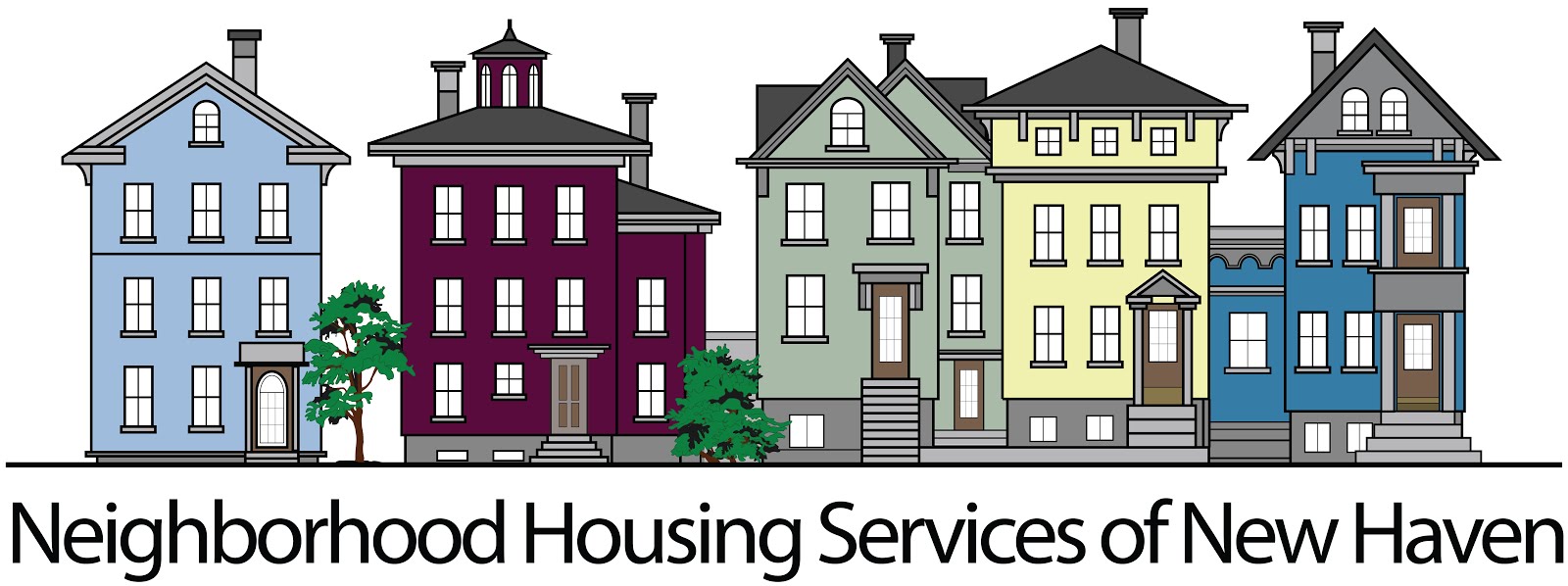Shopping for Mortgages
by Michael Haynes,
Supervisor, HomeOwnership Center
Before you
head to your local mortgage professional to get pre-approved for a mortgage, be
sure to learn all about the mortgage programs for which you are eligible.
Start by
making sure you have at least two months of mortgage payments already saved in
one of your bank accounts. The next step
is to confirm the amount of money you currently have designated to cover the down payment and closing costs.
The prospective homebuyer that has funds to
cover closing costs in full but does not want to pay mortgage insurance
premiums should consider getting a Connecticut Housing Finance Authority first
mortgage with a Housing Development Fund SmartMove second mortgage. The SmartMove mortgage program provides the
homebuyer with a second mortgage in the amount of 20% of the purchase price, and
therefore diminishes the requirement to pay mortgage insurance.
The prospective homebuyer that has limited
funds to put toward a down payment and closing costs should consider
researching mortgage programs offered by regional and national lending
institutions that have a more feasible loan-to-value requirement. In many instances, these programs may require
the homebuyer to come up with 3% to 5% of the purchase price. You may still need a second source of
financing to cover down payment and closing costs, but the amount of the second
loan will be less than 20% of the purchase price.
Finding the
right mortgage product requires work but is very possible with the right
resources at your disposal. The
Homeownership Center at NHS of New Haven specializes in helping home buyers
research and understand all of the mortgage programs that exist for home buyers
seeking to purchase in New Haven County. Check us out on the web at www.nhsofnewhaven.org
and then give us a call at (203)777-6925 so that we can start working to find
the mortgage program for you…






































.JPG)


